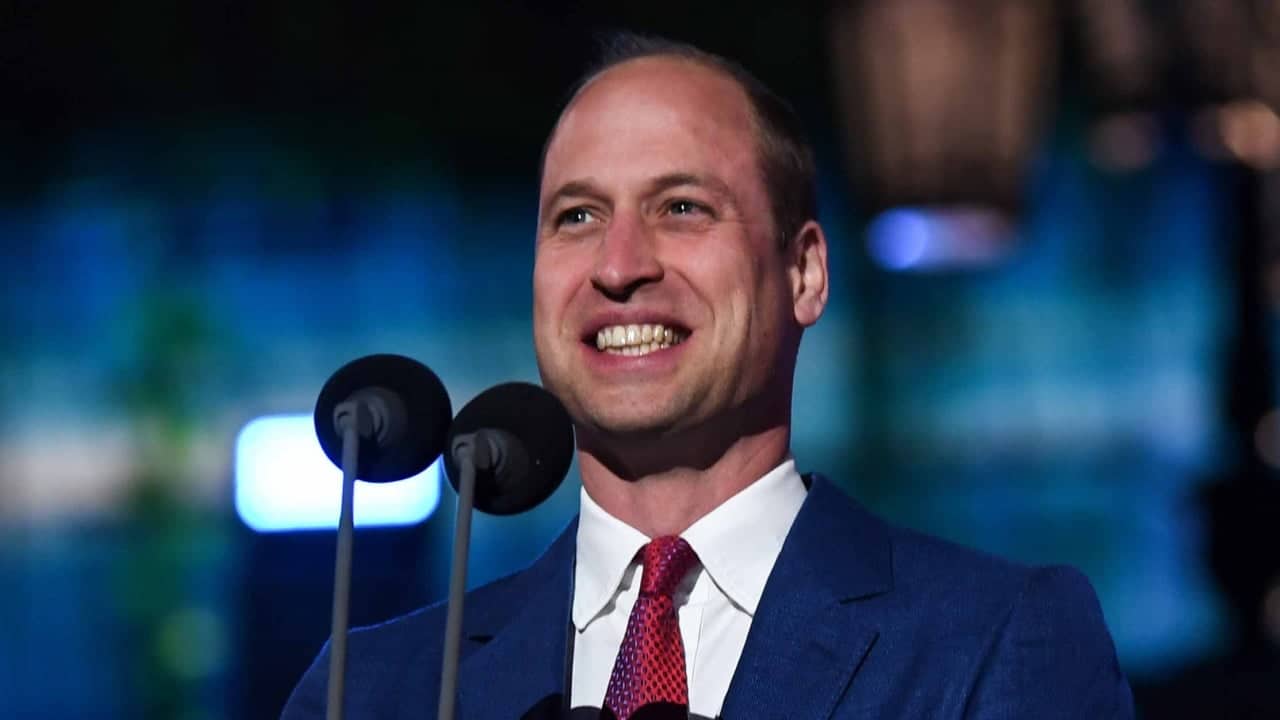Prince William owns an expensive new home.
Financial experts have put together estimates of the royals’ fortunes based on well-documented accounts of their personal collections and inherited properties, despite the fact that much of their wealth is still shrouded in secrecy. Although royal wills are never made public, there is a long history of the transfer of royal titles and wealth.
Following the passing of Queen Elizabeth II, CNN Business is now reporting that King Charles III’s private Duchy of Cornwall estate will be inherited by William, who is now first in line to the throne and holds the official titles of Prince of Wales and Duke of Cornwall and Cambridge.
According to financial reports from the previous year, the estate, which was founded in 1337 by King Edward III, is estimated to be worth about £1 billion ($1.2 billion). The generous land and property holdings of the Duchy of Cornwall include nearly 140,000 acres in southwest England.
Revenue from the estate is “used to fund the public, private, and charitable activities” of the Duke of Cornwall, according to the estate’s website. William now holds that position.
Including her jewels, art collection, investments, and two homes—Balmoral Castle in Scotland and Sandringham House in Norfolk, both of which she inherited from her father, King George VI—Queen Elizabeth’s personal fortune was valued at $500 million by Forbes last year.
The majority of the royal family’s assets, which amount to at least £18 billion ($21 billion), are properties. King Charles, the current monarch, is now in charge of the Crown Estate, which is worth $19 billion ($16.5 billion) in total. However, as part of a 1760 agreement, he is required to turn over all estate profits to the government in exchange for a portion, known as the Sovereign Grant, which is primarily used to pay employees and maintain the properties.
The Duchy of Lancaster estate, which dates back to 1265 and was most recently valued at about £653 million ($764 million), is now under the care of King Charles as well, according to CNN. Both duchies are regarded as private estates, as opposed to the Crown Estate, and Charles and William are not required to pay taxes or provide any information other than their annual income. Both duchies have voluntarily paid income tax since 1993, according to CNN.
The Institute for Government website notes that neither the King nor his heir is permitted to profit from the sale of assets in their duchies and that the King may only use the Sovereign Grant money for royal obligations. Any revenue generated by these sales would be put back into the estate.
The late Queen, whose casket arrived at Buckingham Palace on Tuesday, is being remembered in full.
The coffin will be transported on a gun carriage by the King’s Troop Royal Horse Artillery on Wednesday afternoon from Buckingham Palace to the Palace of Westminster, where the queen will lie in state in Westminster Hall until the morning of the State Funeral, according to the official funeral arrangements for the monarch revealed over the weekend. Queen’s Gardens, The Mall, Horse Guards, Horse Guards Arch, Whitehall, Parliament Street, Parliament Square, and New Palace Yard will all be traversed by the procession.
The very reverend Dr. David Hoyle, Dean of Westminster, and the king and other members of the royal family will be present for a brief service led by the Archbishop of Canterbury after the coffin arrives at Westminster Hall, following which the Lying-in-State will start. September 19 is set aside for the state funeral.









